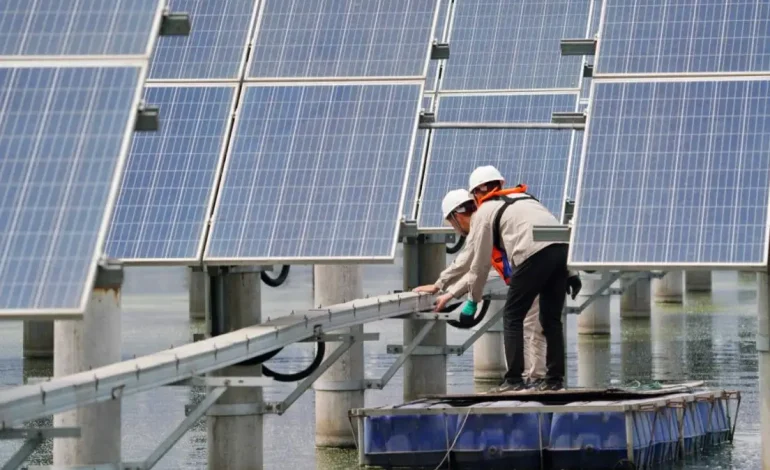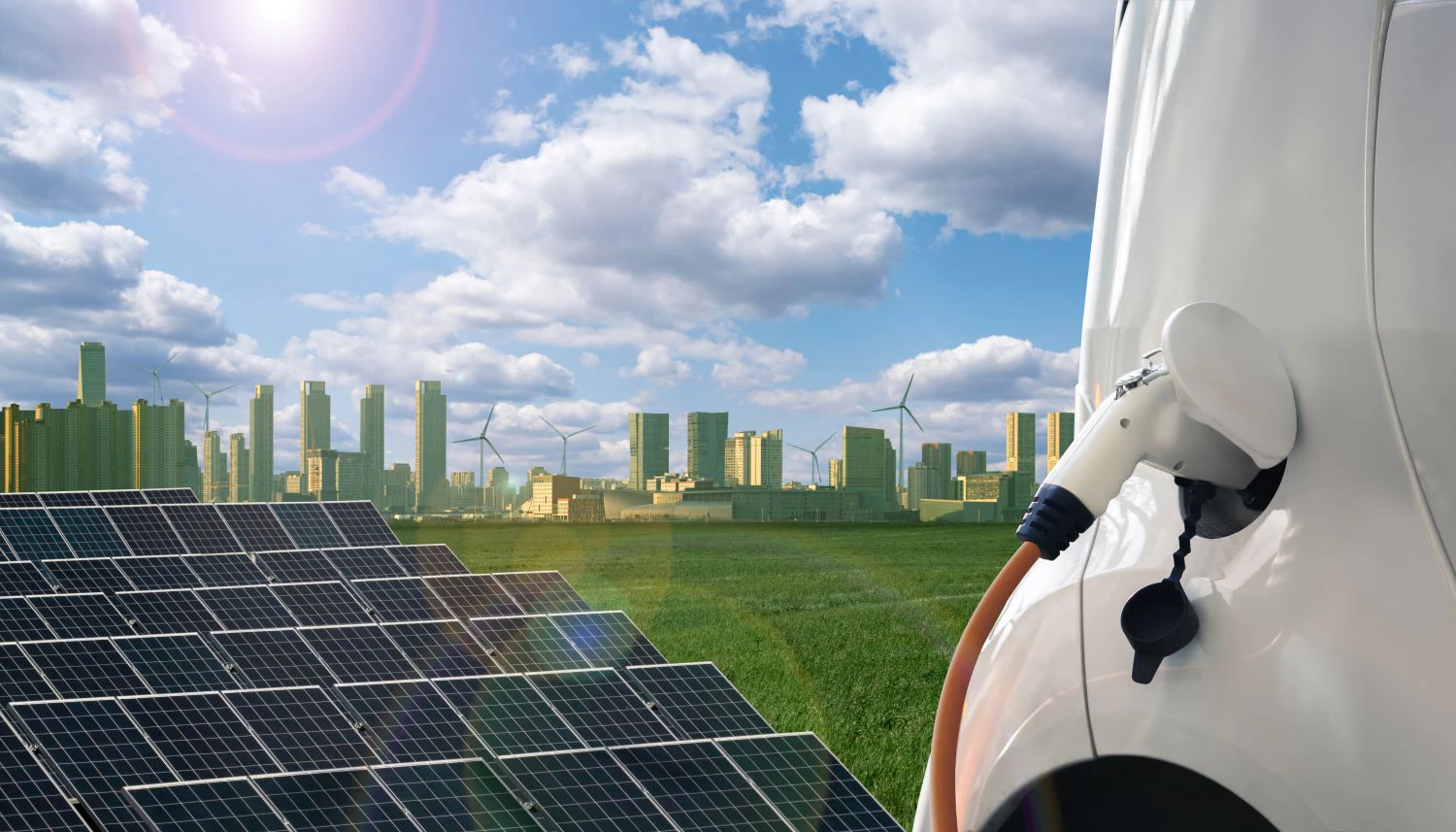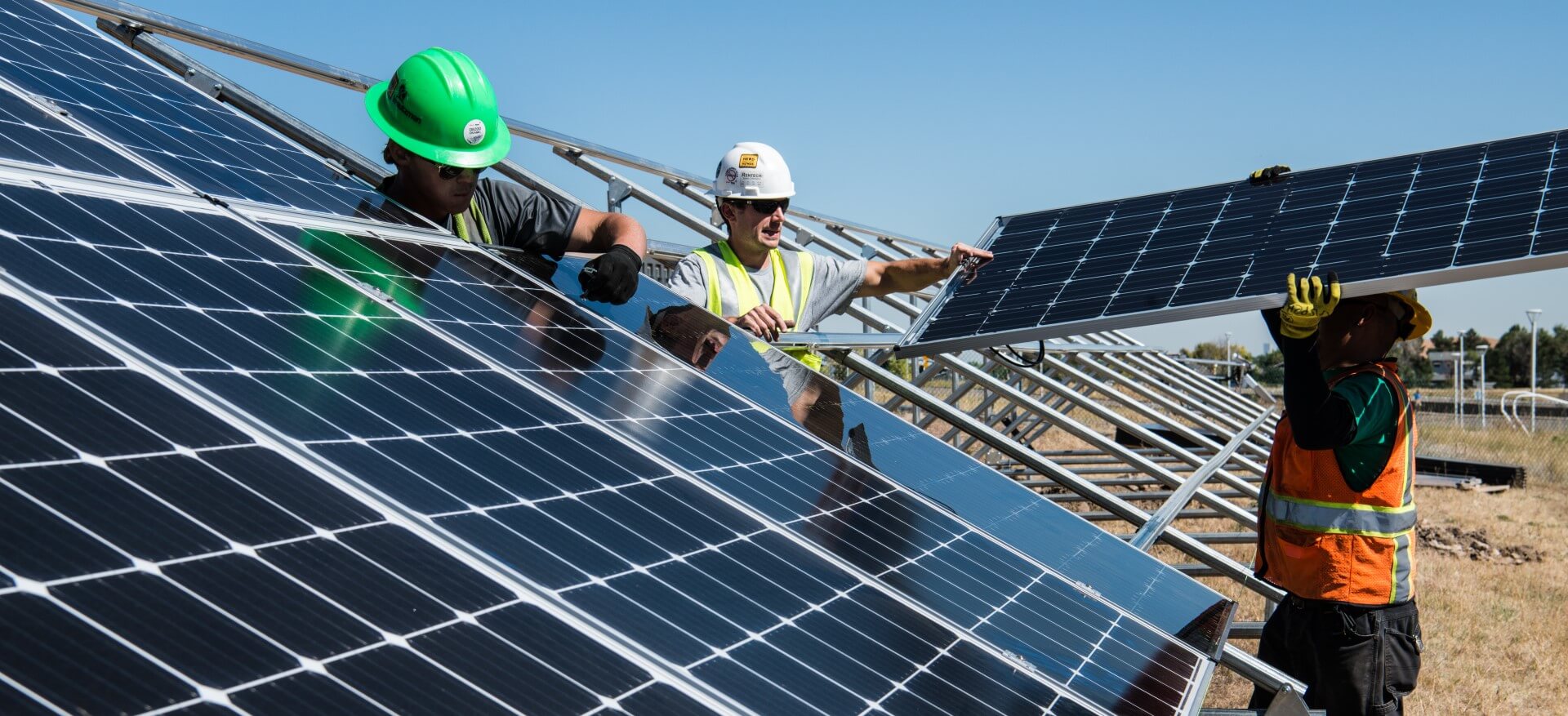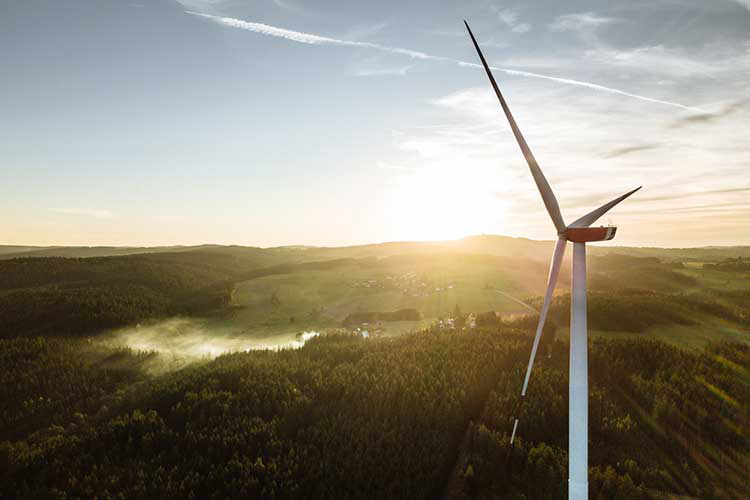The Business of Energy: Powering Growth in a Sustainable Future

The global energy sector sits at the center of modern civilization. Every economy, from industrial giants to emerging markets, depends on energy to power industries, fuel transportation, and sustain daily life. But in recent years, the energy business has undergone one of the most transformative shifts in history. Climate change, technological innovation, and the demand for cleaner alternatives have redefined how companies operate, invest, and compete.
In 2025, the business of energy is no longer just about oil, gas, or electricity — it’s about innovation, sustainability, and strategic transition. Companies that once dominated through fossil fuels are now racing to adapt to renewable technologies, digital infrastructure, and stricter environmental standards. This evolution has opened opportunities for forward-thinking businesses that recognize energy not just as a commodity, but as the foundation of global progress.
The Energy Landscape: From Fossil Fuels to Renewables
For over a century, oil and gas defined the global energy economy. They fueled growth, created massive corporations, and shaped geopolitics. However, the 21st century has brought a decisive turn. Rising awareness of climate change, increasing regulatory pressures, and rapid advancements in technology have accelerated the transition to renewable energy sources such as solar, wind, hydro, and bioenergy.
According to the International Energy Agency (IEA), renewables now account for over 30% of global electricity generation, and this number continues to rise. The business world has taken notice. Companies across industries are investing heavily in clean energy, not only to meet sustainability goals but also to cut long-term costs and attract environmentally conscious investors.
Energy giants like Shell, BP, and TotalEnergies have redefined their strategies, shifting from traditional oil producers to “integrated energy companies.” Meanwhile, startups and innovators are entering the scene with disruptive technologies such as energy storage, hydrogen production, and smart grid systems. This convergence of old and new players is creating a dynamic and competitive energy business environment.
Energy as an Economic Driver
Energy is more than an industry — it’s the lifeblood of every economy. The availability, affordability, and reliability of energy directly influence a country’s economic performance. Businesses rely on stable energy supplies to operate efficiently, while governments depend on the energy sector for employment, taxation, and export revenues.
In emerging markets, access to affordable energy is critical for industrialization and improving living standards. However, traditional energy models — often reliant on imported fossil fuels — have proven unsustainable both environmentally and economically. The shift to localized renewable energy production not only reduces dependency but also stimulates domestic industries.
For example, in Africa, solar mini-grids are transforming rural economies by providing electricity to previously off-grid communities. In Asia, countries like India and China are rapidly expanding renewable capacity to power manufacturing while cutting emissions. These transitions demonstrate that sustainable energy and economic growth can coexist — if businesses invest strategically.

Corporate Sustainability and Energy Innovation
Sustainability has become a defining factor in business strategy. Investors, consumers, and regulators increasingly expect companies to demonstrate Environmental, Social, and Governance (ESG) responsibility. Energy consumption is often the largest contributor to a company’s carbon footprint, making clean energy adoption a crucial part of corporate sustainability plans.
Businesses are responding by:
-
Adopting renewable energy sources to power their operations.
-
Improving energy efficiency through smart technologies and automation.
-
Investing in carbon offset programs and sustainable supply chains.
-
Collaborating with governments and NGOs to develop green infrastructure.
Tech companies are leading the way — Google, Apple, and Microsoft have committed to running on 100% renewable energy. Meanwhile, manufacturing and logistics companies are integrating energy management systems to optimize consumption and reduce waste.
This corporate shift has created an expanding market for renewable energy providers, battery manufacturers, and energy service companies. The intersection of sustainability and profitability is now driving a new era of innovation — one that prioritizes both economic returns and environmental stewardship.
The Role of Technology in the Energy Business
The digital revolution has reshaped nearly every industry, and energy is no exception. Technology is now the backbone of modern energy systems, enabling smarter, more efficient, and more sustainable operations.
Key technologies transforming the energy business include:
-
Artificial Intelligence (AI): Predictive analytics optimize grid performance and forecast energy demand.
-
Blockchain: Ensures transparency in energy transactions and enables peer-to-peer energy trading.
-
Internet of Things (IoT): Smart meters and connected devices monitor and manage energy consumption in real time.
-
Energy Storage Solutions: Advances in battery technology, particularly lithium-ion and solid-state batteries, are revolutionizing renewable integration by solving intermittency issues.
-
Hydrogen Technology: Seen as the next frontier, hydrogen offers a clean alternative for heavy industries and transportation.
Digitalization also supports decentralized energy systems, where consumers become “prosumers” — both producers and users of energy. This model is particularly powerful in solar energy, where households and businesses can generate their own power and even sell excess electricity back to the grid.
Investment and Market Dynamics
The financial sector plays a pivotal role in shaping the future of energy. Global investment in clean energy surpassed $1.7 trillion in 2024, with solar and wind accounting for the largest shares. Institutional investors are increasingly divesting from fossil fuels and channeling capital into sustainable ventures.
At the same time, energy startups are attracting significant venture capital funding for innovations in storage, smart grids, and clean hydrogen. Governments are also incentivizing investment through tax credits, subsidies, and public-private partnerships.
However, the transition is not without risk. High upfront costs, market volatility, and regulatory uncertainty can hinder progress. Businesses must balance profitability with long-term vision — a challenge that requires agility, innovation, and collaboration across sectors.
Geopolitics and Energy Security
Energy has always been deeply intertwined with geopolitics. The shift toward renewables is reshaping global power dynamics, reducing dependence on oil-producing nations while creating new alliances based on critical minerals and clean technologies.
Countries rich in lithium, cobalt, and rare earth elements — essential for batteries and solar panels — are emerging as strategic players in the global energy supply chain. This shift emphasizes the importance of resource diversification and supply chain resilience for businesses operating in the energy sector.
Moreover, energy security has taken on a new meaning. It’s no longer just about oil reserves, but about technological autonomy, cybersecurity, and the ability to manage decentralized energy networks.
The Future of Energy Business
Looking ahead, the global energy business will continue to evolve at an unprecedented pace. Three major trends will define its future:
-
Decarbonization: Businesses across sectors will aim for net-zero emissions, pushing demand for renewable technologies and clean fuels.
-
Digital Integration: AI, IoT, and blockchain will make energy systems smarter, faster, and more transparent.
-
Decentralization: Power generation will shift from large plants to localized systems, empowering communities and small businesses.
This transformation will create new business models, from energy-as-a-service (EaaS) platforms to microgrid operators and carbon trading markets. The companies that thrive will be those that embrace innovation, sustainability, and collaboration.

Conclusion
The business of energy is entering a new era — one defined not by scarcity, but by innovation, responsibility, and transformation. As economies transition toward renewable sources and cleaner technologies, energy is no longer just a sector; it’s the foundation of sustainable global growth.
For businesses, the message is clear: the energy revolution is not a distant future — it’s happening now. Companies that invest in clean energy, adopt smart technologies, and align with global sustainability goals will not only strengthen their competitive edge but also help shape a more resilient and equitable world.
The next great opportunity in business lies not in extracting energy from the earth, but in creating energy for the future — clean, connected, and sustainable.








